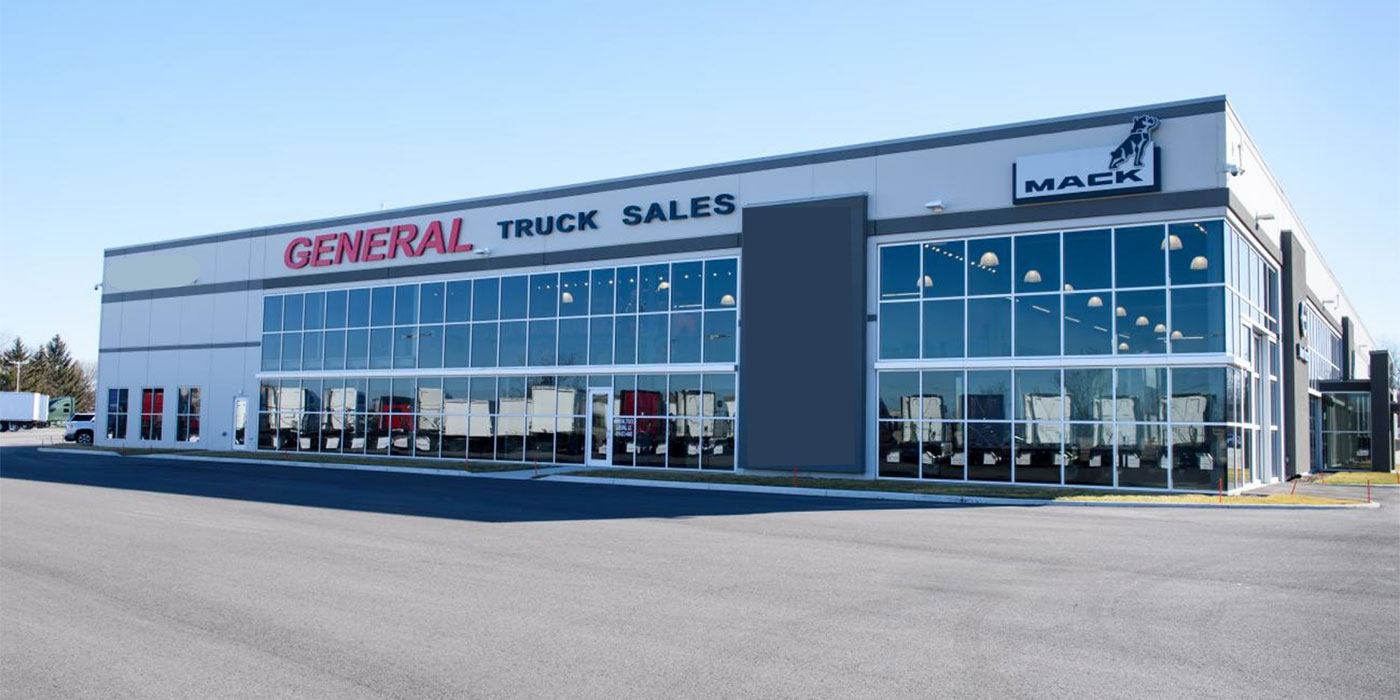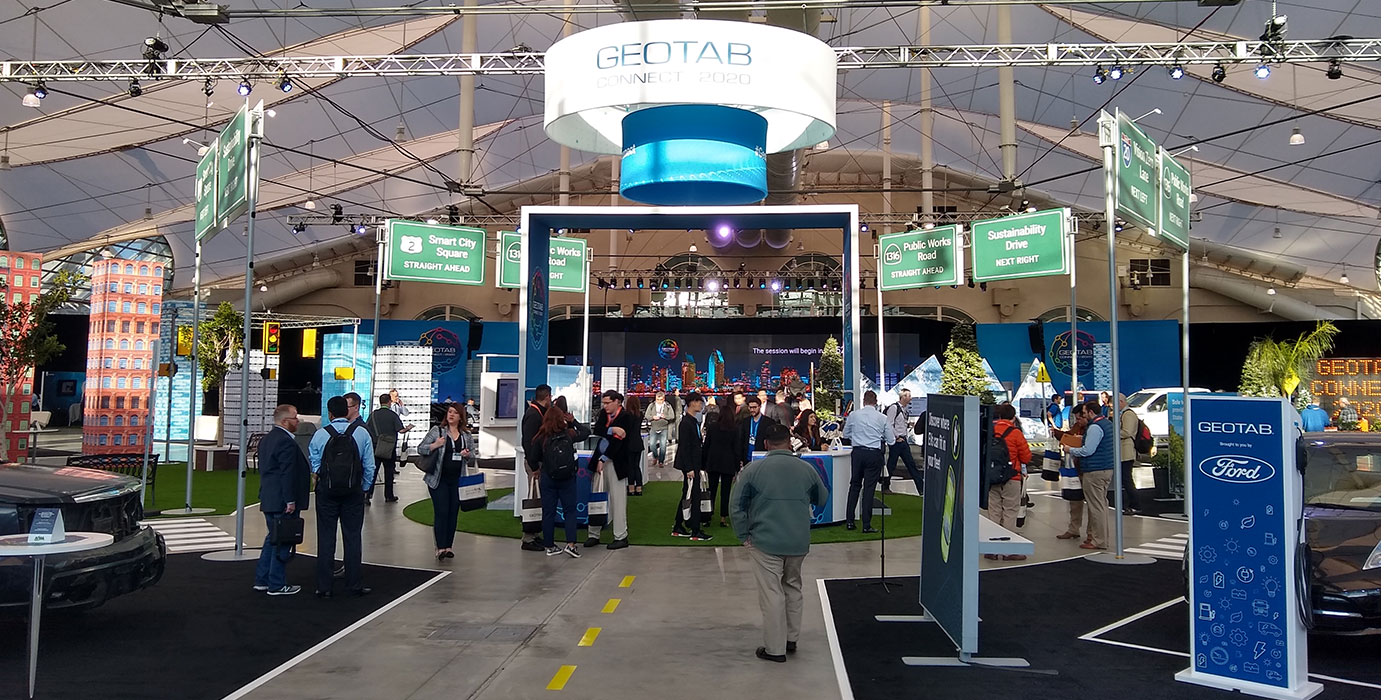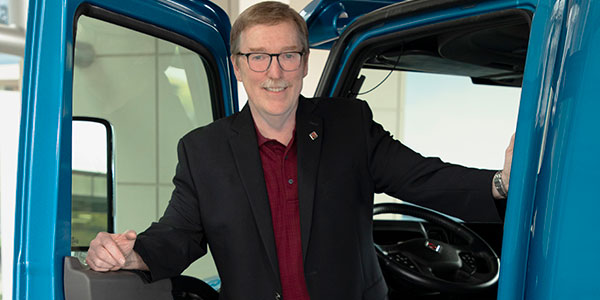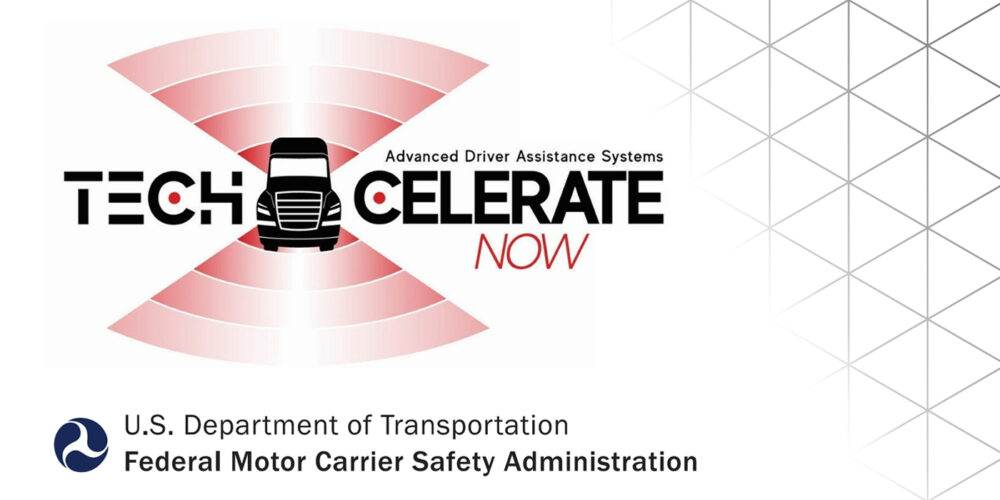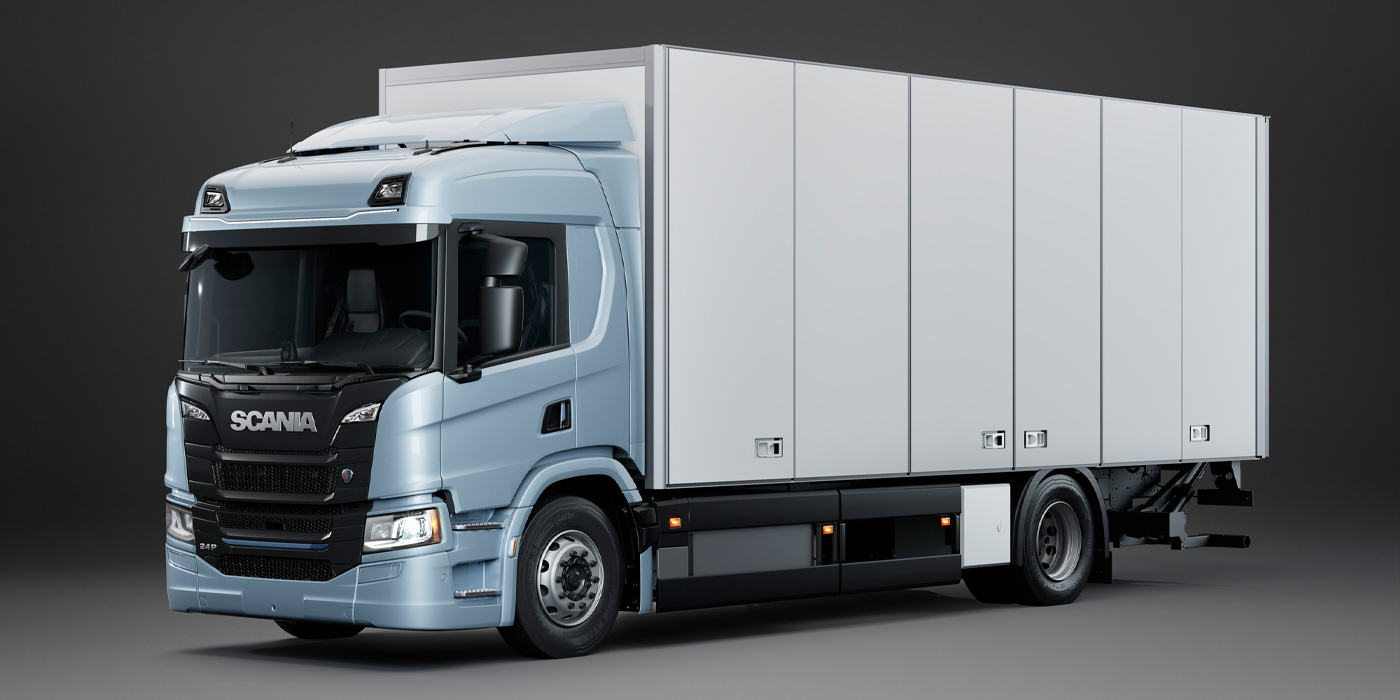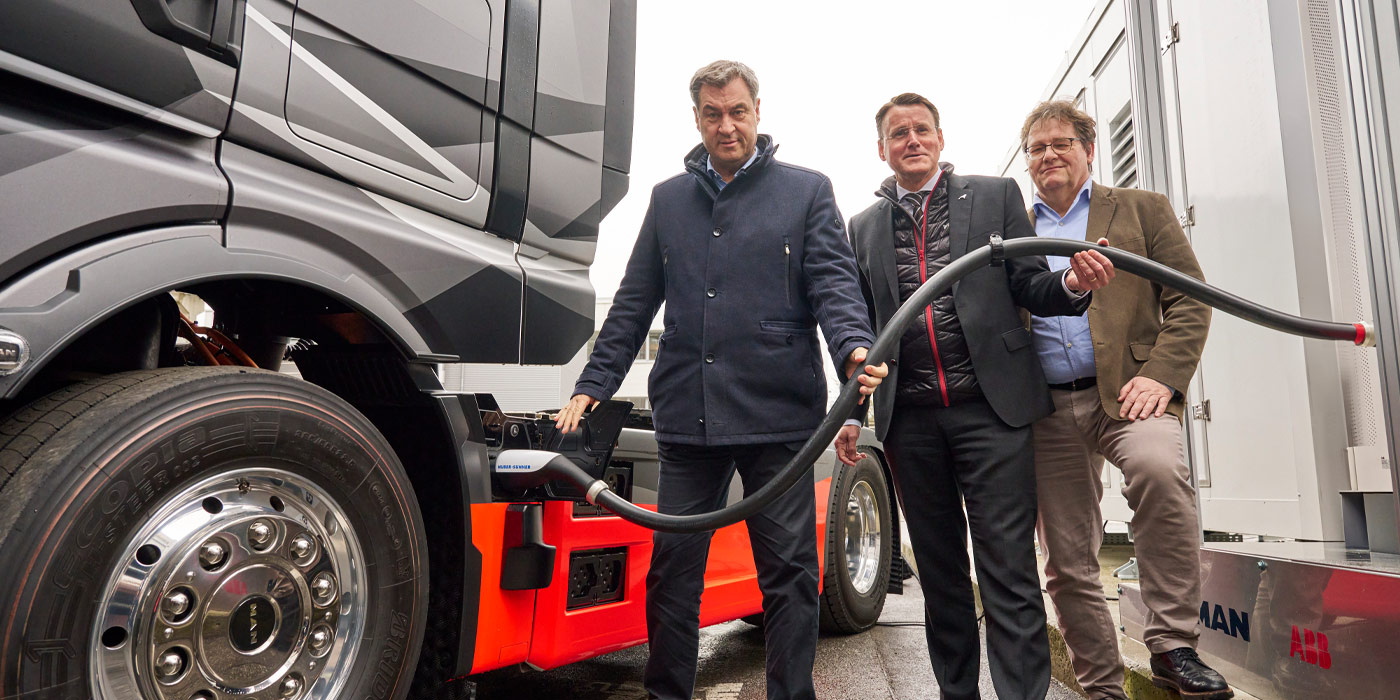Recently, I was invited to participate in a panel discussion at a meeting of the Automotive Communications Council, whose members are primarily marketing and communications personnel from the suppliers to the automotive aftermarket. The focus of this panel discussion was issues facing the medium- and heavy-duty segment, and my task was to address the issues facing the technician in the service delivery chain –– topics that clearly will be the concern of the fleet maintenance manager.
The aging technician
One of the themes I hear consistently is the concern that technicians in the workforce are rapidly approaching retirement age. While data to quantify this concern are difficult to obtain, on a macro scale, the number of baby boomers currently in the workforce, generally, is widely acknowledged and accepted. Casual observation in fleet maintenance operations bears this out; there is a fair percentage of gray heads working on trucks.
Looking at the population of ASE-certified medium/heavy truck technicians, their average age is over 43 years –– about 5 years older than the average for their automobile counterparts. While representing about 20 percent of the total number of M/H truck technicians in the workforce, the number and other demographic data available for comparison indicate that this is a fairly representative sample of the total population. Somewhat more disconcerting is that the average age seems to be increasing, indicating that younger technicians are not going to be available in sufficient numbers to offset the effects of retirement on the workforce, looking five to 10 years out.
Educational system stress
No surprise here. Headlines in local papers across the country are consistently reflecting the reality that schools are increasingly being asked to do more with less. Edu-cation costs are rising at the same time tax revenue, often based on declining real estate property values, is shrinking. This, too, is consistently reflected in the headlines of local newspapers across the country. And what the public education system is facing in general is reflected in spades in the career and technical education (CTE) field.
CTE recruiting is largely ineffective in attracting enough students to meet capacity, which makes these programs more ripe targets for the budget ax when the time comes. For diesel technology programs, that ax is double-edged: they are expensive programs to develop and operate, and are viewed as largely duplicative of more popular automotive technology programs, and hence attract only about 10 percent of the number of students in auto programs.
Curriculum is another factor. The approach to automotive and diesel technology has not fundamentally changed in the last 30 years. We have been largely training mechanics in the repair and maintenance of machines. Which brings us to the third major issue.
Advancing vehicle technology
More and more, vehicle repairs deal less with the “nuts and bolts” of the truck and more and more with their control systems. And as emissions and fuel economy demands increase, so will the expansion of microprocessor-based controls. To wit: 2010 engines will adopt the same on-board diagnostic protocols as light vehicles have used since 1996.
A look at the experience in this segment over the past 12 years might provide valuable insight. Technology has opened doors for increased and more precise controls over virtually every system of the automobile, and with it, an increased capability to monitor system operation. But along with those advantages comes the cost of increased complexity and difficulty in diagnosing problems when they arise.
Some experts in the automotive industry are predicting this technology will create a need for a new breed of diagnostician –– with a skill set that combines parts of what we consider a design engineer and our traditional perception of the mechanic.
It is difficult to reach conclusions within the time and space constraints of this column. So, for now, consider this food for thought



